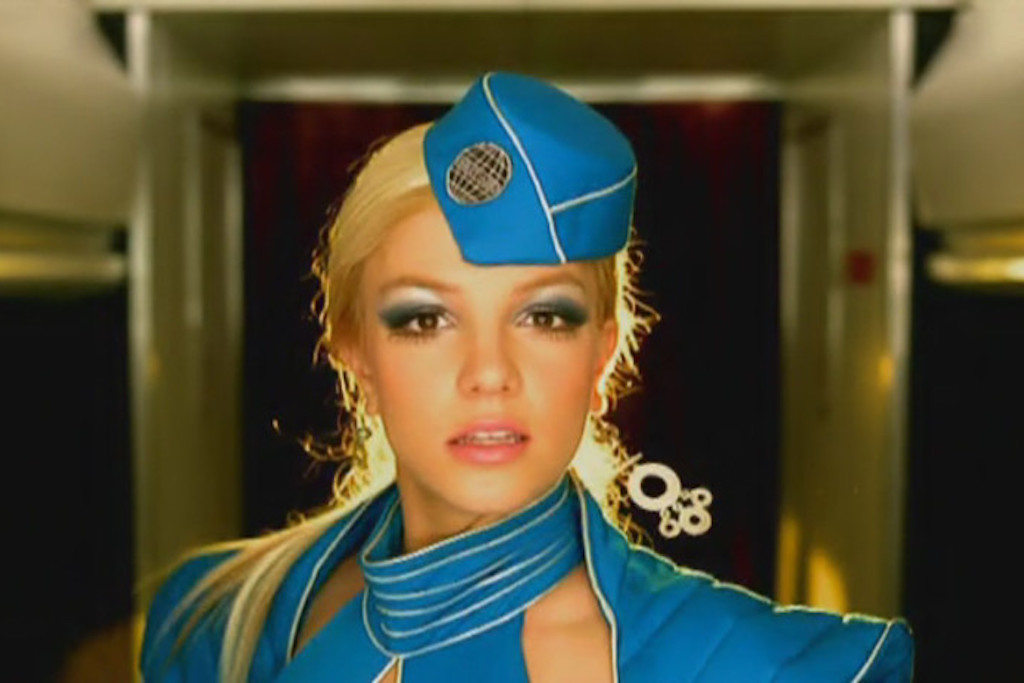The Future Of Australian Music Doesn’t Have To Be Straight And Male
Meet the artists changing the face of the music industry.
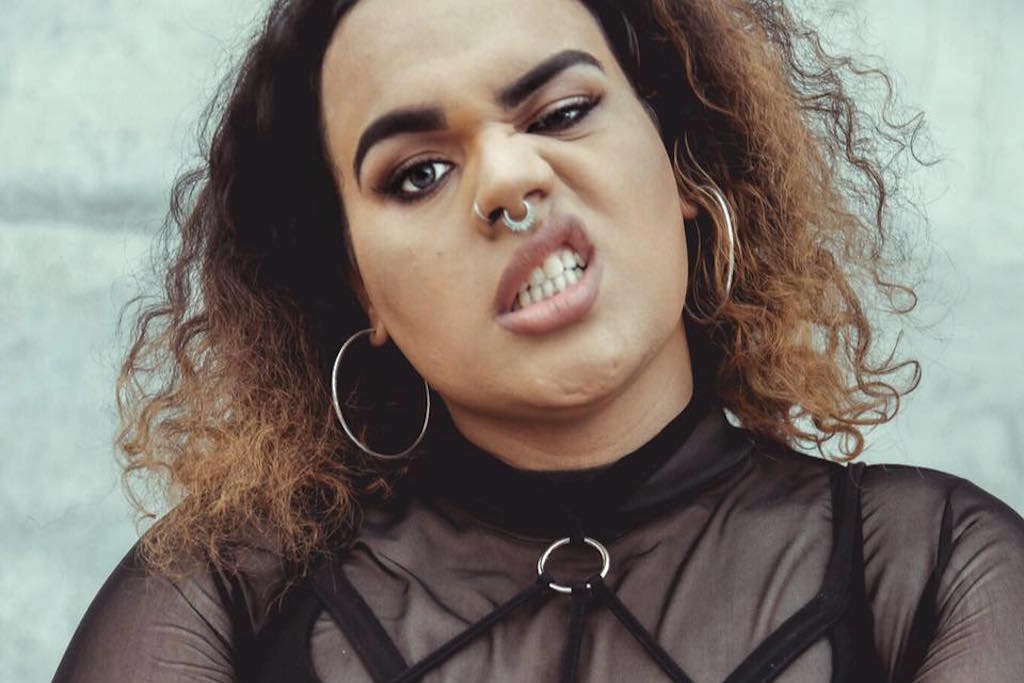
As much as Australia’s music scene can be vibrant and creatively diverse, it can also far too often feel dominated by the most privileged voices in the room.
As a queer and trans woman who has played in multiple bands over the years, I’ve experienced countless barriers to participation – from not being taken seriously by male sound technicians, to being tokenised as the sole queer, trans or female artist on a line-up.
However, over the past twelve months, there’s been a growing spotlight on the wave of trans and gender non-conforming artists in Australia using music to express their identity and claim space for themselves. With acts like Spike Fuck, Gussy, Habits, Kandere, RVG and Dog Dirt all doing big things, there’s no excuse for the shows we attend, play or book to not be inclusive of queer and gender diverse artists.
We spoke to four artists from around the country about navigating an often heteronormative music industry, and exploring (and celebrating!) queer and trans identity through sound. One thing’s certain: with this kind of talent on the up, the future of Australian music doesn’t have to be straight and male.
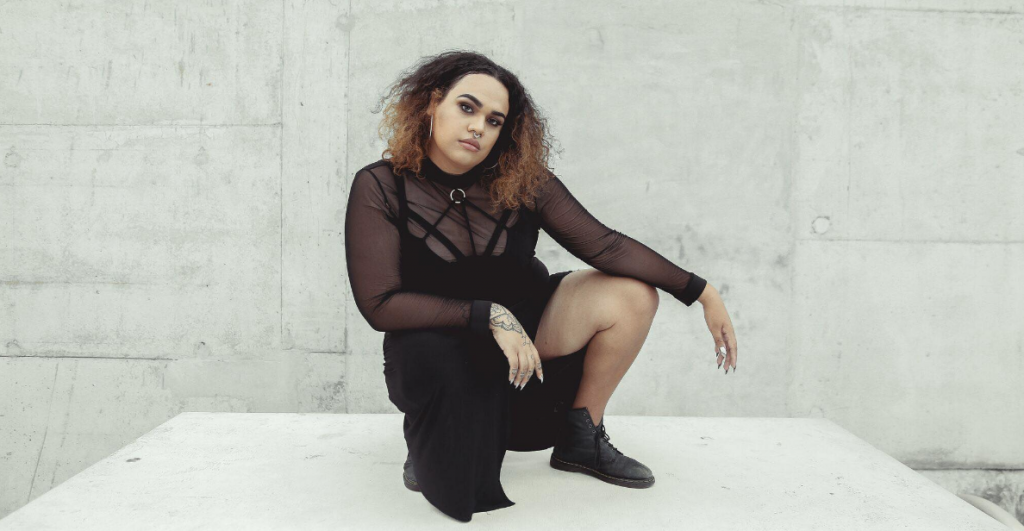
Photo by Savvy Creative
Miss Blanks
Energetic, assertive hip-hop paired with declarations of femme identity and celebration of the body — that’s the sound of Brisbane-based rapper Miss Blanks. Her lyrics focus on the “reclamation of voice, body, gender, sexuality and expression,” all components she says are intrinsic to her identity.
For Miss Blanks, creativity is an important way to navigate spaces with confidence and actively challenge hierarchies through positive action. “I think I’ve become good at recognising my own and others’ privilege, as well as current systems and landscapes that hold me back or oppress, and how best to work through them while also setting the record straight and trying to change things from the inside,” she says.
Her most recent single, ‘Clap Clap’ is a good introduction to the Miss Blanks approach — as she tells it, it’s “an anthem to the boss honeys with a fat ass”.
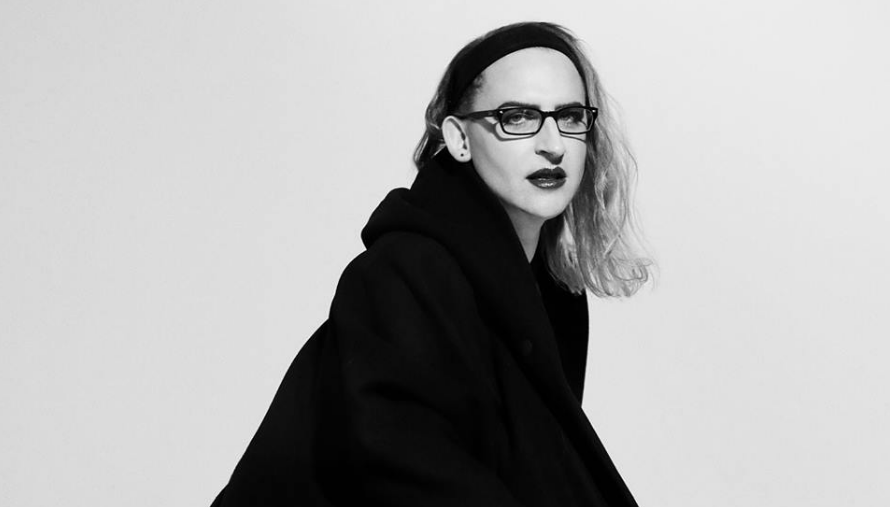
Photo by Elliott Lauren
Simona Castricum
For Melbourne songwriter, producer and DJ Simona Castricum, music serves as catharsis. “Performing allows me to find a space of comfort and familiarity, to centre my emotions, body and energy, which is so important for my wellbeing.”
Castricum has been creating sublime, synth-drenched electronica for over a decade, with her last release being 2016’s #TriggerWarning40, featuring the frustratingly-catchy single ‘No Allegiance’.
“I think there have been amazing breakthroughs for gender non-conforming artists recently in underground music”, says Castricum. “I’m super grateful for the collective effort, and we fought hard for it. I come from a time where GNC and trans-feminine musicians in Australia were invisible, so making that space available for me and feeling safe enough to occupy it is a big part of how I navigate through my career.”
“I’ve been around long enough to know it’s not worth my time and frustration knocking on doors that aren’t opening for me. If you can’t get a seat at ‘that’ table, fuck it. There are plenty of others, and you can always set your own”.
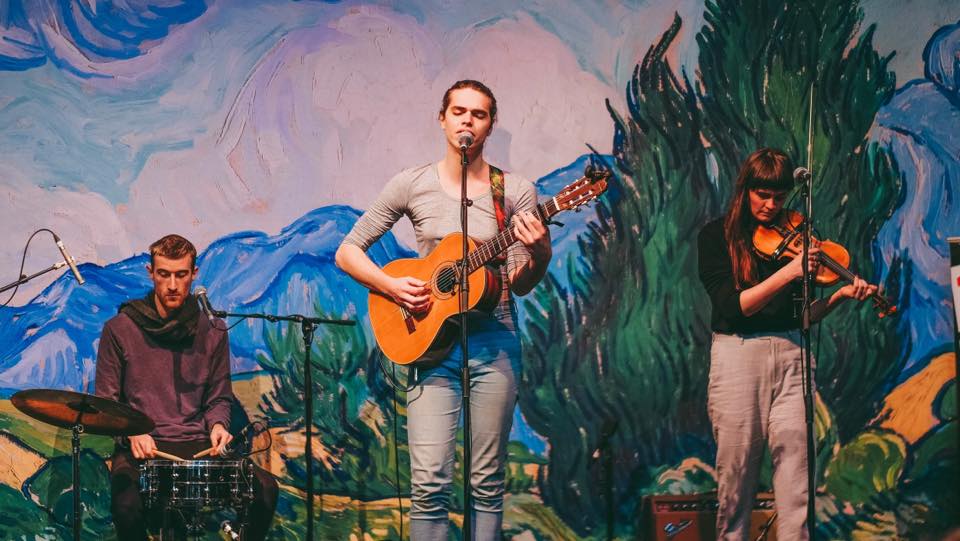
Photo by Naomi Lee
Two Steps On The Water
All it takes for Melbourne’s Two Steps on the Water to craft feelings-heavy folk music is an acoustic guitar, drums, violin and frontwoman June Jones’ soaring voice. Their debut album, last year’s stunning God Forbid Anyone Look Me In The Eye, showcased nine tracks of “emotion punk” that communicated themes of trauma, trans identity, violence, sex and sadness.
Performing in potentially unwelcoming spaces can be an exhausting process, as Jones explains. “In a way I feel like a less privileged voice — but at the same time, I’m white and middle class, and those factors are always with me. That said, I still find myself feeling anxious when I’m visibly trans in non-queer spaces. Bars can be nerve-wracking because people get drunk, men get rowdy, and bathrooms are always fairly intimidating. More than anything, it’s tiring”.
Back in May, the trio released ‘A Very Hot Shower’, the first single from their upcoming sophomore album Sword Songs. The track, which lyrically revolves around “finding strength among the wreckage of trauma, and seeking bravery as someone who is constantly being told she is right to be afraid”, is a little bit country, a little bit folk, and is at once vigorously full-throated and heartbreakingly intimate.
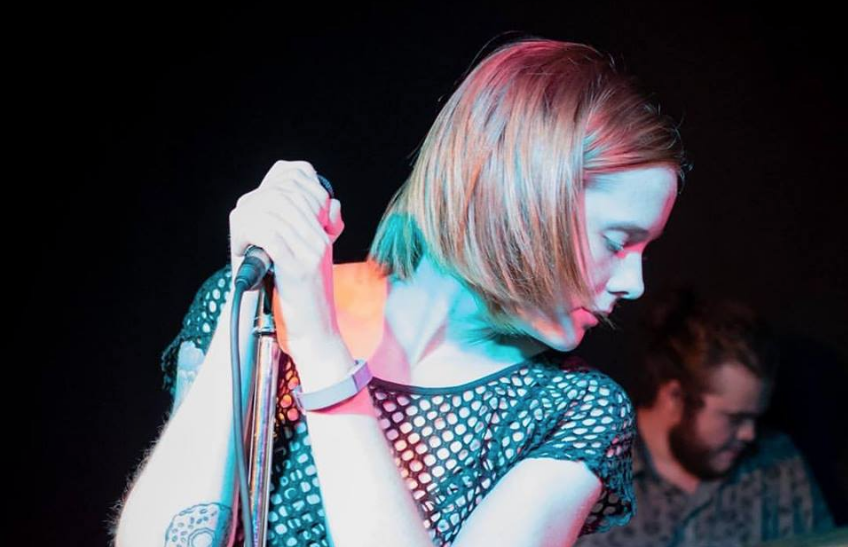
Photo by David Beckett
Rachel Maria Cox
In addition to being the mind behind the label Sad Grrrls Club, Newcastle’s Rachel Maria Cox makes emo-tinged pop that feels like private diary entries — in the best possible way.
‘Emotionally Untidy’ is the first single from RMC’s forthcoming debut album, Untidy Lines. Diving headfirst into themes of closeness and privacy, the bittersweet track details the way romantic entanglement plays out when one has “issues with being physically intimate with anyone due to dysphoria and body dysmorphia”.
“I’ve always found that my music gives me a chance to be honest about myself and my experiences”, explains Cox, who is non-binary. “I’m grateful that I can be open and have people respond warmly.” They point out that while their gender expression is a large part of their identity, it’s important it not be seen as their sole defining quality. “Relationships, friendships, mental health, all the things I write about are made more complicated because of gender – but it’s not the only part of my identity”.
When it comes to claiming space, Cox feels it’s important for them and other non-binary people to be assertive when it comes to visibility, to continue creating space for others. “I make a very clear point to ensure people know I am a non-binary musicians because I know that representation for younger people is super important.
“I also need to feel comfortable in any kind of creative or performance space in order to make myself vulnerable enough to play music.”
—
Allison Gallagher is a freelance writer and artist from Sydney. She tweets about gender and sexuality at @allisongallaghr.
Article image by Savvy Creative
